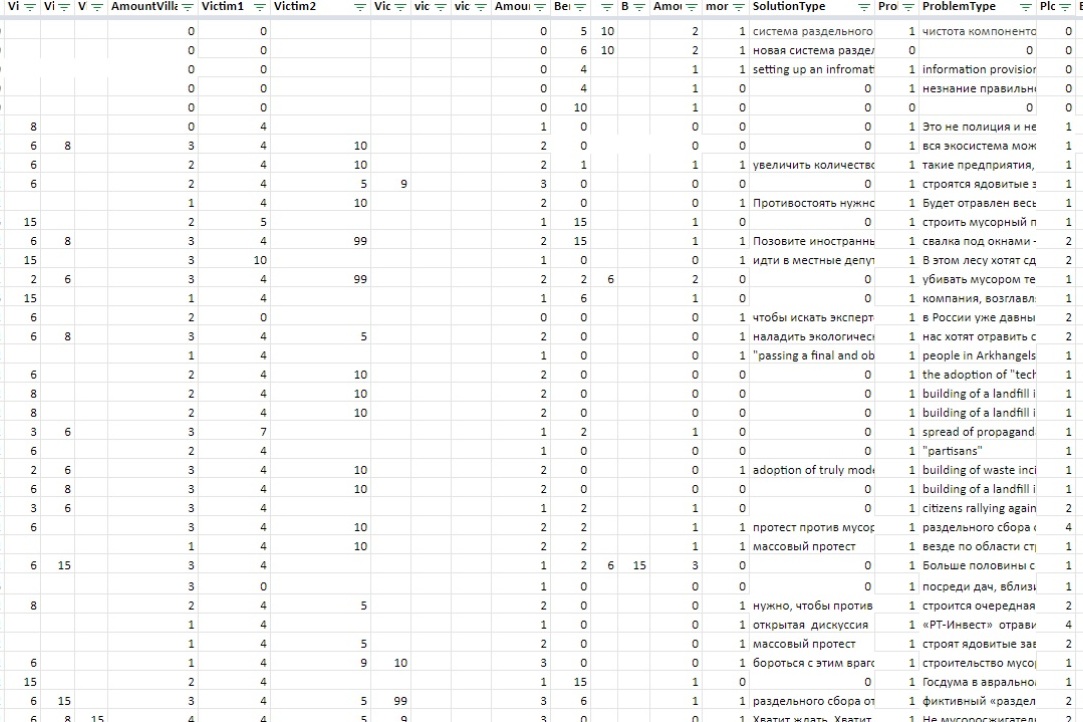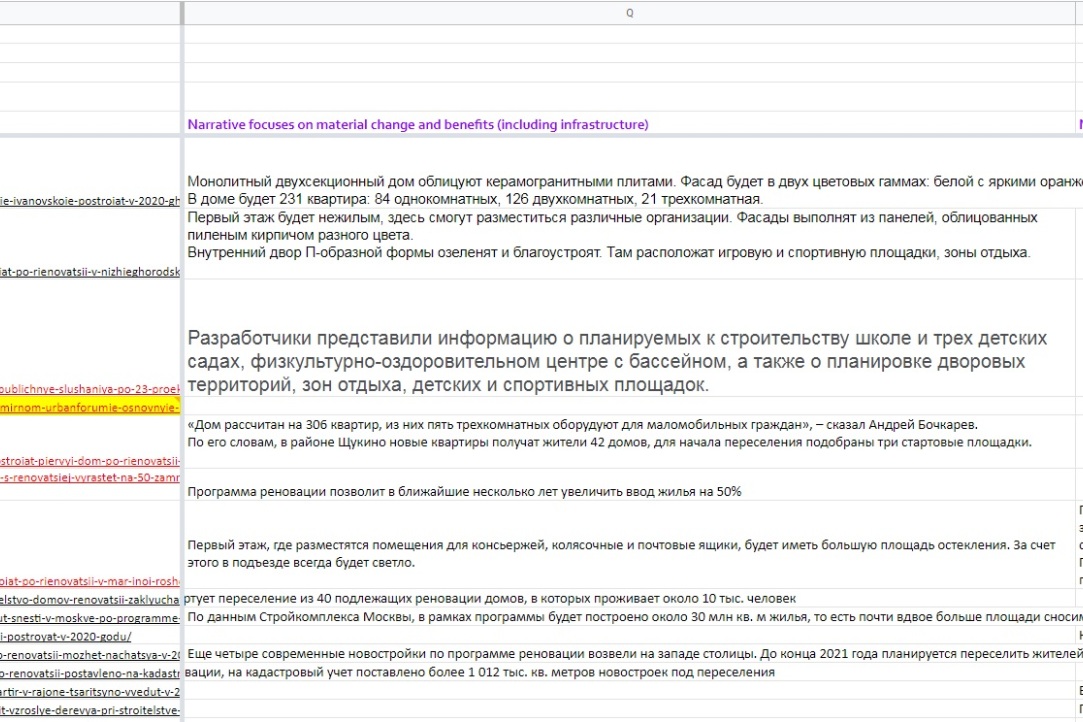About the Group
People use stories to understand the world around them. Stories – or narratives – also play an important part in the way actors think, communicate, and decide about public policy. Thus, the study of narratives has become an increasingly important field of research in public policy.
Our research group examines policy narratives used in current policy debates in Moscow. We focus on questions such as:
- What policy narratives are used to justify and contest policy change in Moscow?
- Through what channels are policy narratives communicated?
- What is the effect of policy narratives in the policy process?
We will examine these questions for urban policy in Moscow overall, and for three cases of recent policy debates in Moscow: the housing renovation program, public transport reforms, and waste management policies.
To answer our questions, we will use the Narratives Policy Framework (NPF), a systematic empirical framework for the purposes of understanding the role of narratives in the policy process
The summer vacations are coming to an end, and with them our work on categorizing the collected data. The next big step is the application of qualitative content analysis method to highlight the characteristics of narratives about the renovation program in Moscow.
As part of our work on categorizing data, we continue to develop the theme of context and subtext reflected in the narratives about the Moscow renovation program. The degree of directness of the address to the audience and the extent to which the author is impersonal or involved in what is happening is not only a distinguishing feature between the narratives of the city administration and concerned citizens, but also an important element for understanding how and why political issues are reflected in the texts.

After the discussion on the research question, we move on and begin to work out those categories and codes that will be used for the final analysis. At this seminar, we discussed how they should look for a qualitative analysis and how informative they can be in this context.

The data we have collected provide a certain breadth of interpretation. To proceed with our research, it is necessary to move from the original research question of what makes narratives to the more specific aspects of the problem.
At this seminar, we discussed the results of the primary analysis of the texts. The stories told by the parties of the debate may follow different strategies and have different plots, but what is their level of narrativeness? We tried to summarize the plots and messages around which these texts could be structured
As part of our work at seminars, we continue to prepare a qualitative study of texts containing narratives about the renovation program in Moscow. At the moment, we have developed a preliminary version of the code book for coding texts and by the end of May we plan to complete the work on their analysis.




